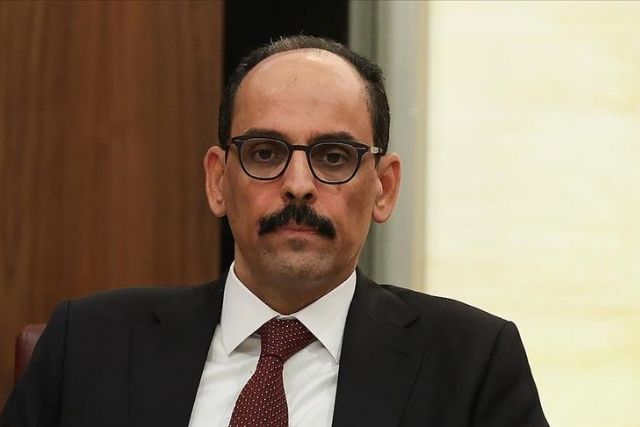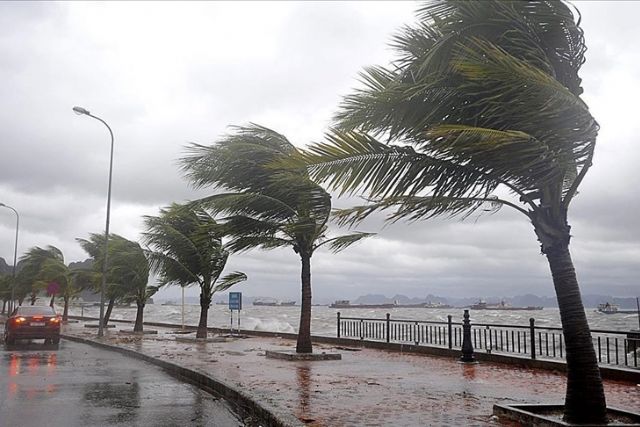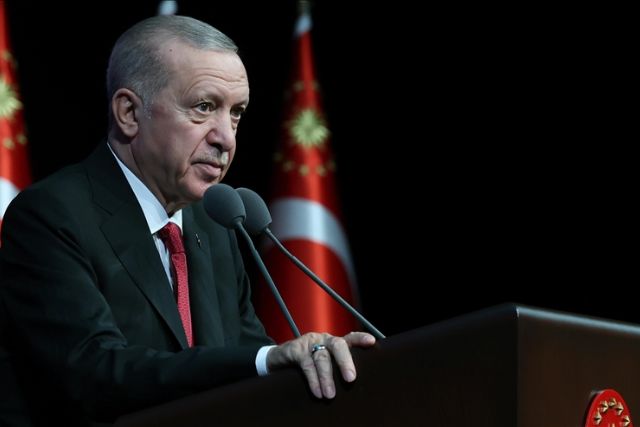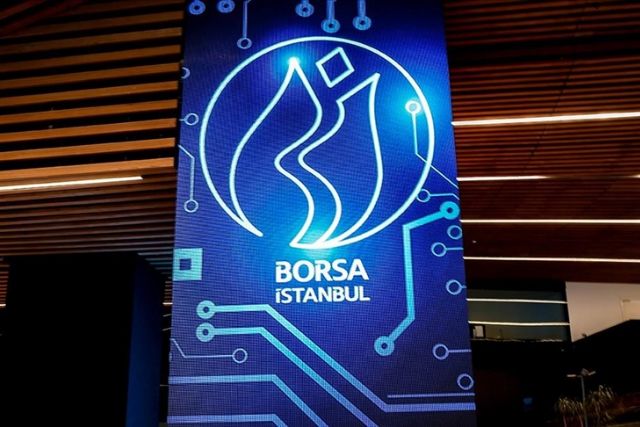Armenia-Azerbaijan peace crucial for Caucasus stability, says Turkish intelligence chief
Ibrahim Kalin praises Azerbaijan’s efforts to normalize conditions in Karabakh after reclaiming region

ANKARA
Chief of Türkiye's National Intelligence Organization (MIT), Ibrahim Kalin, has underscored the necessity of a final peace agreement between Armenia and Azerbaijan for ensuring stability and development in the Caucasus.
Speaking at the Baku Security Conference in Azerbaijan on Sept. 14-15, Kalin highlighted that the Zangezur Corridor's opening would significantly boost regional connectivity.
The conference, which focused on “Modern security challenges of global transport,” assembled intelligence and security leaders from around 50 countries.
During the event, Kalin engaged in bilateral discussions with various international counterparts, addressing both regional and global concerns, according to security sources.
Kalin praised Azerbaijan's efforts to normalize conditions in Karabakh after reclaiming the region from Armenian control during a 44-day conflict in 2020.
He emphasized that a comprehensive peace agreement between Armenia and Azerbaijan is critical for the Caucasus' long-term stability and for enhancing connections along the Azerbaijan-Armenia-Nakhchivan-Türkiye-Europe route, including the Zangezur Corridor.
Kalin also addressed the broader context of global instability, noting two significant crises: the ongoing wars in Ukraine and Gaza.
He called for a resolution to the Russia-Ukraine conflict through a new security framework based on international law and urged an immediate ceasefire in Gaza, where more than 41,000 Palestinians have been killed.
Kalin stressed that lasting peace in the region would require a two-state solution to end Israel's occupation, asserting that the security and freedom of the Palestinian people are fundamental rights.
Türkiye continues intelligence diplomacy
Türkiye remains committed to both public and covert diplomatic efforts to resolve the conflicts in Ukraine and Gaza, said Kalin.
He also highlighted the persistent global threat of terrorism, advocating for a unified approach to combat groups such as ISIS/Daesh, the PKK, and FETO.
Kalin also emphasized the need for equal efforts against all terrorist organizations, stating that "no one is safe until everyone is safe."
In response to the evolving complexity of global threats, Kalin pointed out the crucial role of intelligence diplomacy in managing issues ranging from prisoner exchanges to ceasefire negotiations.





